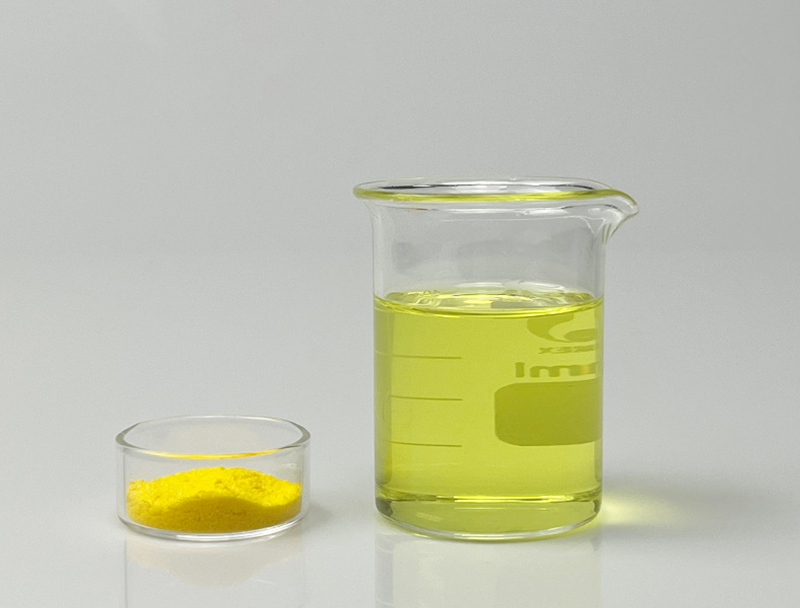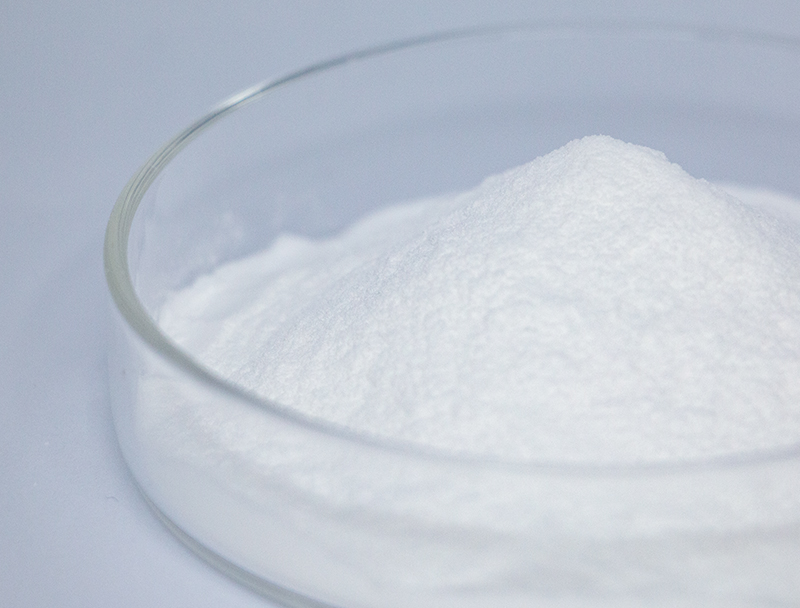
Cell-based production leans heavily upon a substantial range of starting materials to produce innovative bio-based products.
Protecting environmentally mindful sourcing is vital for future-proofing and moral progress in biomanufacturing.
diverse obstacles inherent in legacy sourcing approaches including biodiversity loss and excessive resource use. Hence, stakeholders must deploy sustainable supply practices to minimize environmental costs.
- Models of sustainable material sourcing include:
- Harnessing secondary biomass from farming outputs
- Applying zero-waste frameworks to limit waste and optimize resource use
- Building relationships with nearby vendors dedicated to moral sourcing
Such a move to ethical procurement delivers ecological gains and commercial returns over time.
Tuning Feedstock Characteristics for Higher Biofuel Efficiency
Enhancing biofuel output is grounded in superior feedstock characteristics. Investigators regularly test new routes to upgrade biomass inputs, resulting in superior production volumes and sustainable energy gains. Strategies feature genetic optimization to raise biomass yield plus pretreatment to depolymerize plant polymers into sugars.
- Furthermore, teams search for alternative biomass sources including algal strains, industrial wastes, and crop leftovers to broaden sustainable feedstock options for fuels.
- Through these continuous efforts, the field of biofuel production is poised to make significant progress in the coming years, paving the way for a more renewable energy landscape.

Transformations in Upstream Biopharma Workflow Design
includes primary operations from inoculation through cell collection Recent developments in this field have resulted in optimized workflows that raise overall output.
Crucial progress includes proprietary cell systems, optimized growth media, and adaptive bioreactor architectures. These advances improve throughput while lowering both operational expenses and ecological footprints.
- Also, evolving practices favor continuous flow processing which supports more agile upstream control.
- The adoption of higher-tech manufacturing practices will likely disrupt traditional models and speed therapeutic launches.

Precision Genomic Tools Enhancing Biopharmaceutical Yields
evolutions in genetic modification techniques have optimized therapeutic biosynthesis. Using precise gene interventions, engineers raise the output of key therapeutic proteins. Such strategies offer promise to create cost-effective, high-efficiency therapeutics across many disease areas.
Microbial Biotechnology as a Sustainable Cleanup Strategy
novel biological remediation techniques leveraging microbial metabolisms for pollution control. Microbial species can metabolize and convert hazardous compounds into benign byproducts.. By harnessing this natural potential, we can develop environmentally friendly strategies for cleaning up contaminated sites and mitigating the negative impacts of industrial activities.. Scientists are actively exploring a wide range of microbial species with diverse metabolic capabilities to target various pollutants, including heavy metals, pesticides, oil spills.. Microbial cultures can function in contained bioreactors or be deployed onsite to facilitate biodegradative remediation..
Biotechnology-driven remediation delivers notable upsides compared to conventional cleanup tactics. Microbial remediation can cut expenses and limit harmful secondary emissions. Moreover, microbes can be tailored to address specific pollutants with minimal impact on non-target organisms. Research efforts persist to upgrade the potency and implementation of microbial remediation strategies.
Bioinformatics' Impact on Drug Design
Advanced informatics contributes significantly to today’s drug research environment. By analyzing biological data to select and improve leads, computational methods support efficient drug development.
- Through evaluating comprehensive genomic, proteomic, and clinical data, teams detect novel targets and predict drug action.
- Similarly, modeling drug–target interactions streamlines design of compounds with better efficacy and selectivity.
- To conclude, computational approaches are revolutionizing discovery and reducing time-to-patient for effective drugs.
Engineering Cellular Pathways for Improved Bioproduct Output
deploys several tactics to elevate cellular production of valuable biochemicals. Tactics can encompass genetic engineering to reconfigure metabolism, promoter modulation to adjust expression, and pathway insertion to enable new reactions.. By calibrating pathway dynamics and expression levels teams can greatly amplify bioproduct yields.
This comprehensive strategy could transform numerous sectors such as pharmaceuticals, farming, and renewable energy.

Barriers and Benefits When Expanding Biopharmaceutical Manufacturing
Industrial-scale production introduces demanding hurdles as well as strategic advantages. Sustaining uniform quality across expanded production capacity is a principal challenge. Addressing it demands strong process governance, accurate real-time analytics, and advanced measurement systems.

Process intricacy spanning various stages creates significant scale-up complexities.. Transforming bench processes into industrial practice requires sustained research and engineering innovation. Even so, the payoff can be large. Well-executed upscaling can improve therapy access, decrease costs, and enhance economic performance.
Different initiatives are progressing to solve scale-up constraints. These include the development of new technologies for process optimization, advanced analytics for real-time monitoring and control, and innovative manufacturing strategies.
- Developmental projects contribute critically to scaling manufacturing competency.
- Regulatory agencies are working to streamline approval processes for new manufacturing technologies, facilitating innovation in the field.
Understanding Regulatory Oversight to Ensure Biopharmaceutical Quality
Manufacturing biopharmaceuticals entails detailed regulatory processes to copyright safety and clinical performance. Biologically derived medicines entail particular manufacturing and regulatory complexities compared with chemical drugs.
Bodies like FDA and EMA shape the regulatory landscape and set benchmarks for evaluating innovative therapies..
Comprehensive testing regimens must be followed from early-stage research through ongoing post-approval monitoring.. The measures work to spot potential hazards and validate that therapies reach demanding safety levels..
Furthermore, regulatory bodies are constantly evolving their approaches to keep pace with the rapid advancements in biopharmaceutical research.. Policies involve deploying novel tech and expediting development while preserving commitment to patient safety.

Evaluating Plant Biomass for Bioplastic Production
The rising demand for eco-friendly materials fuels R&D on bio-based alternatives. Plant-derived biomass as input for bioplastics represents a practical route toward greener materials. Feedstocks including cornstarch, plant cellulose, and sugarcane derivatives yield biodegradable plastics which break down and mitigate plastic pollution.
Furthermore, these bioplastics often possess comparable properties to their petroleum-based counterparts, making them suitable for a wide range of applications.. Ongoing R&D is essential to scale plant-based bioplastics and realize circular economic benefits.
Emerging Biotech Solutions for Health and Food Security
Biotech innovations hold promise to dramatically impact health and the reliability of food systems. Via genetic modification, synthetic design, and therapeutic cell technologies, researchers build solutions to control infections, increase crop productivity, and enrich food quality.. A concrete example includes modified crops engineered for pest and stress tolerance that yield 5-ALA more while decreasing pesticide needs. Also, biotechnological innovation fuels development of immunizations, antimicrobial treatments, and diagnostic platforms vital for disease control and population health.. With persistent development, biotech stands to offer transformative solutions for global health and long-term food security.
